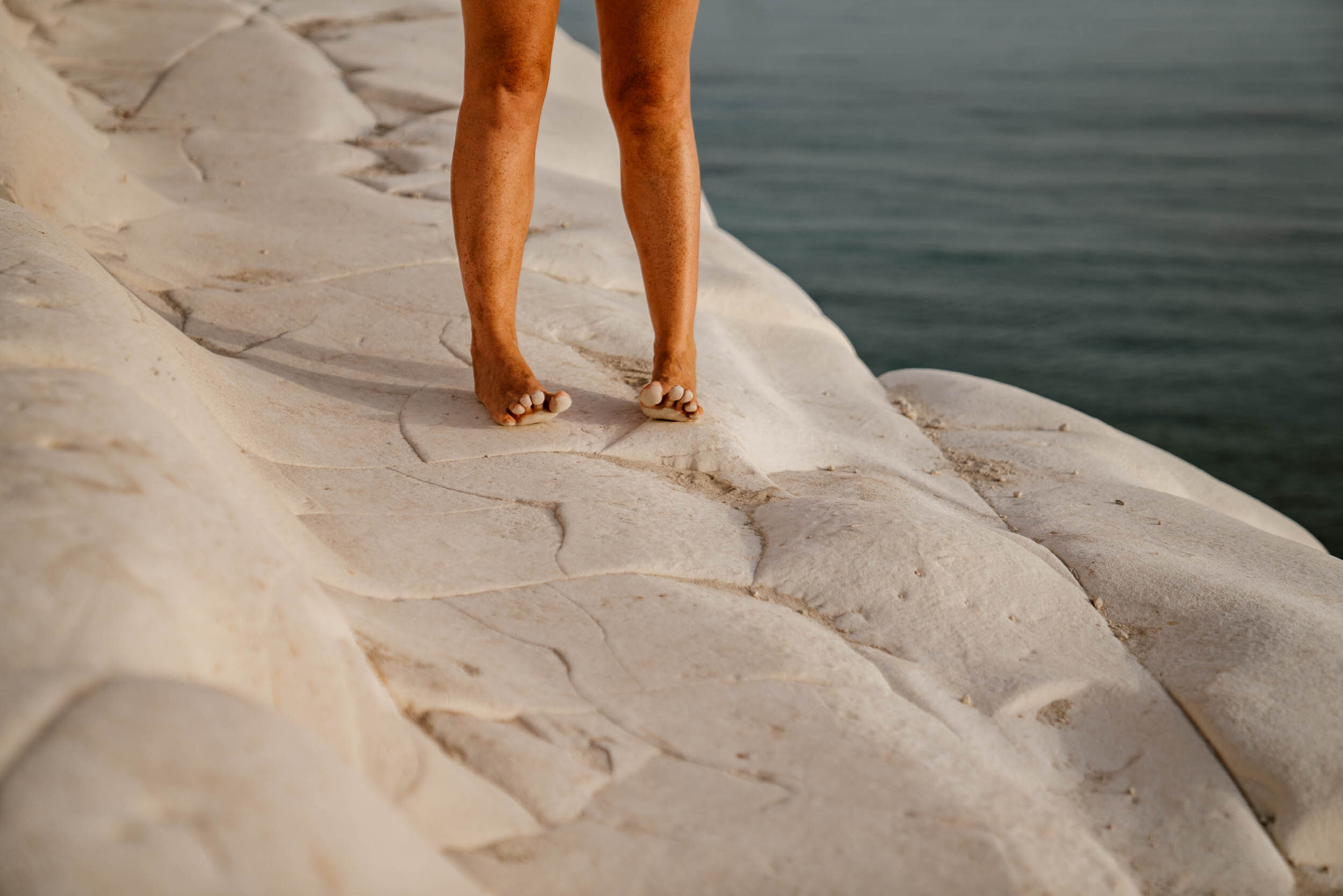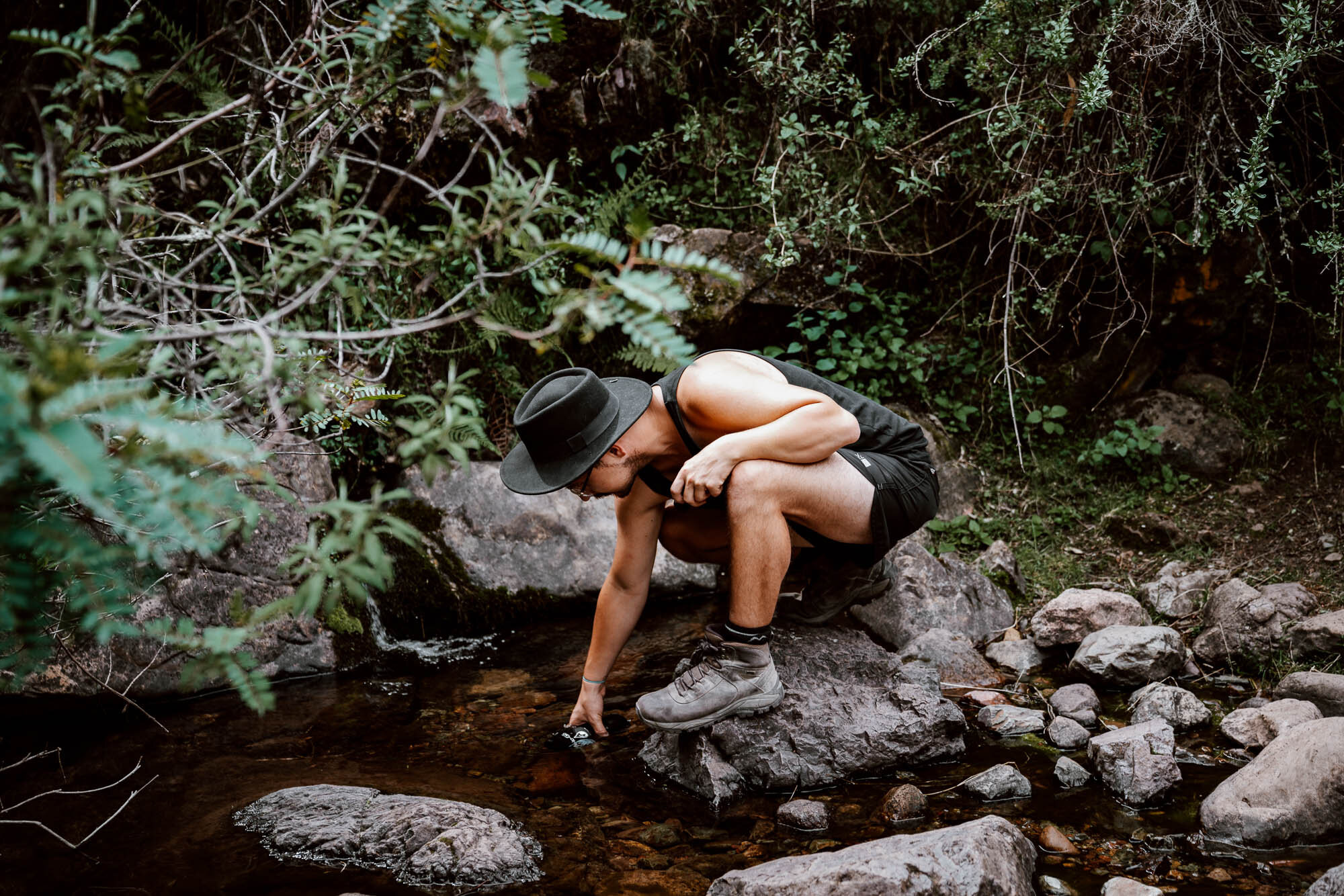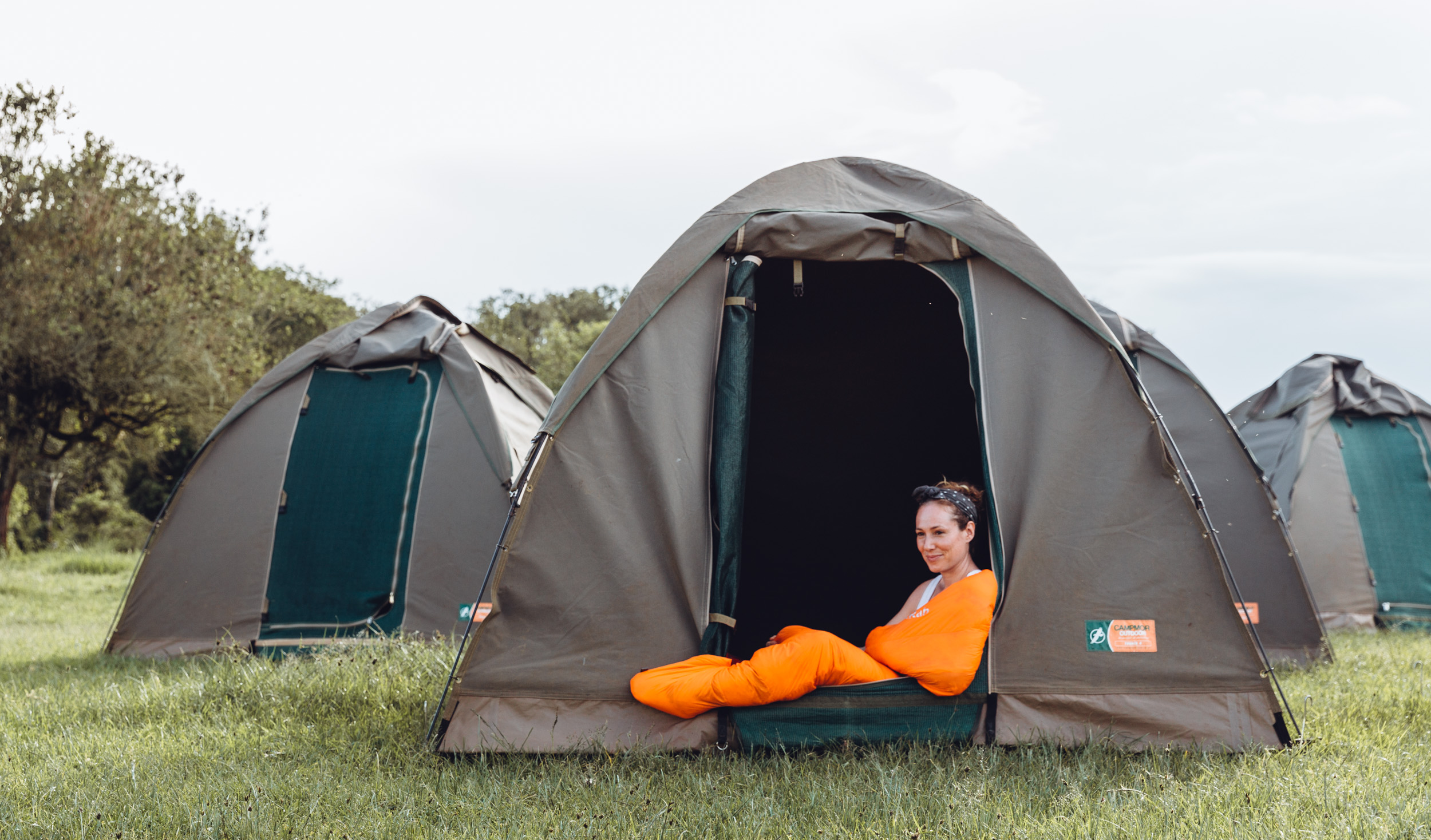When we posted our year long travel budget, we were delighted to beat our target of travelling on £15/$25 each per day. However, despite seeking out the best deal on a cheap hostel wherever we went, it was clear where more money could have been saved - our accommodation costs comprised 36% of our overall spend.
We decided to speak with seasoned long-term travellers who find accommodation in a different way to us in order to save money or have a unique travel experience. This week we caught up with Agness - one of the duo behind eTramping - to find out more about couchsurfing.
Read Next | OUR BEGINNER'S GUIDE TO COUCHSURFING
How many years have you been doing it? Which countries have you surfed in?
We started exploring Europe back in 2009 when studying at the university. The real adventure though started in 2011 when started exploring Asia - from Hong Kong, China through Macau, Thailand, Sri Lanka to Tibet.
Tell us about your first couchsurfing experience.
My first couchsurfing experience was, in some way, a bit disappointing and I was shocked by the fact it was more a sexsurfing culture than couchsurfing. I was hosted by 5 guys and 3 girls during my whole European backpacking in Amsterdam, Prague, Oslo, Berlin, Brussels and Warsaw).
I was asked to have sex twice and 2 people were saying they were hoping to have sex before I had arrived and only one person did not mention anything about that so yes..... that was not nice at all so once I got back home, I wrote a blog blog where I asked myself : What’s the difference between couchsurfing and sexsurfing these days?
Is rejection common? Do you have any tips for creating an attractive profile?
I faced only one rejection due to my host not being home on a day of my arrival. However, my profile was very diverse. I had a lot of different pictures from my travels to show how fun and adventurous I can be. That always works!
As a woman who often travels solo, are there certain things you look for or avoid to ensure a good fit with a host? What's your approach to finding one?
After my first couchsurfing experience, I now look for female hosts who, like me, are open-minded, adventurous and easy-going. I check hosts’ profiles very carefully, paying a lot of attention to feedback and references they have received.
Once I know who I want to couchsurf with, we usually meet on Facebook or Skype chat to get to know each other.
So you would recommend having quite a bit of contact with hosts prior to your arrival?
Yes, definitely.
From our position as complete newbies to couchsurfing, the big turn-off factors are lack of privacy and/or security concerns for our valuables. What's the reality?
Lack of privacy is very common, but that is one of the main ideas of couchsurfing. You are supposed to be surrounded by people and not feel lonely in a new city. If someone wants more privacy, then a hotel would be the best fit.
As for the valuables, it is important not to leave money or electronics unattended. There is always a possibility to lose them if you are not careful, but that’s the risk you take when entering the world of couchsurfers. I personally never experienced nor heard of anyone being robbed or mugged when doing couchsurfing.
So surfers are expected to hang-out and socialise with a host? Is it common for meals to be cooked and paid for together?
Yes and no. Everyone is different so the expectations are also different.
Since couchsurfing is all about social networking services, hanging out and socialising with a host is not only necessary, but also polite. Imagine that someone is staying in your room for a night or two and you never talk. What’s the purpose of this kind of visit?
Avoiding accommodation charges on the road is clearly a big draw for couchsurfers. What else attracts you to it and keeps you coming back?
Great people, friendly atmosphere and the opportunity to explore the place from a different (local) perspective. You feel more like a local than just a tourist.
In addition to all those aspects, it still seems like a fantastic option for budget travellers. Could you afford to travel as much if couchsurfing wasn't an option?
Yes. Hostels are very affordable these days. If you think of how much money you spend on a gift for your host, food and drinks you have, it is sometimes cheaper to stay in dorms.
What's your top tip to a solo female traveller who is thinking of doing couch-surfing for the first time?
My top 5 tips would be:
#1 Always inform your friends and family, of your plans and with whom you will be staying. Make sure you verify the veracity of the individuals. For this a personal meeting is important, although that's a very small window to know a person.
#2 Always keep speaking to your friends or guide or a local contact at least in your host's presence so that he knows your local contact knows with whom you are staying.
#3 Always lock your room and sleep unless you want to invite someone over to your bed.
#4 Keep a small sachet of chill power around you so that in case someone tries something untoward you can blow something into his eyes so that you get the time to run out of that situation.
#5 Please only go for those hosts who have been vouched for.
Lastly, give us the reality for solo female travellers - is couchsurfing a good and safe option?
It is still safe as long as you know how to pick a good and reliable host. Note to myself: go only with female hosts or couples!
Curious about couchsurfing? Want to give it a try on your next adventure or even become a host? Check out our beginner's guide to couchsurfing or sign up for free here.
Agness and Cez are the Polish duo who run the travel blog eTramping.com. They call themselves tramps because they live without permanent home and for less than 25 bucks a day, since 2011. While travelling the world, working and living in different countries, they share the tricks to do it cheaply and even help other people do the same on their blog.
























